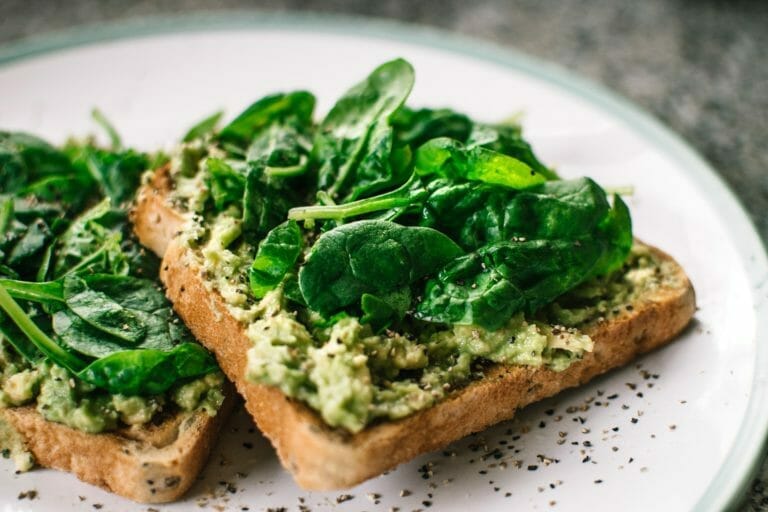Are you wondering why you’re always feeling so tired lately?

It’s still winter outside. The days are short, cold and maybe your caffeine ritual just isn’t getting you through the mornings like it should. Although we love our country, we certainly haven’t met any fans of the wet, windy British winter, and its mighty mood-changing powers. It has been estimated that 1 in 3 people experiences Seasonal Affective Disorder every year, known quite fittingly as SAD. There is sound scientific evidence to support the idea that seasonal changes affect our mental outlook. These winter blues are generally characterised by a lack of energy and feelings of irritability, sadness, apathy, and in some cases, acute depression.
Boost your energy levels with the right diet
Diet plays an important role in maintaining the correct internal environment for your body. If your energy stores are running low, it’s time to fuel up. There are many vitamins and minerals out there, but our favourite is magnesium. We believe it is truly essential in revitalising your day. We’ll talk you through the various benefits of magnesium and how to integrate it easily into your diet.

Magnesium
This is a multipurpose mineral that your body needs to complete over 300 different types of biochemical pathways. It is key to our wellbeing. Among other important properties of magnesium, it is crucial in maintaining healthy function in our two most vital organs: the brain and the heart! It is also needed to convert food into glucose and cellular energy thereafter. Another benefit of magnesium we feel worth mentioning is that it supports healthy muscle function and especially muscle contraction. Without it, your muscles may contract too much, causing cramps or spasms. So, all in all, magnesium doesn’t just provide us with health benefits, it is needed for your body to function properly.
How much magnesium?
The UK recommended daily allowance (RDA) of magnesium is 300mg a day for men and 270mg a day for women. Magnesium is widely available in a variety of foods and it is possible, albeit difficult, to get all you need from your daily diet.

To increase your intake of magnesium, we suggest:
- Eating more leafy greens, particularly spinach, which takes home the trophy in foods containing the most Magnesium. 1 cup alone contains 157 mg of Magnesium.
- Treat yourself to some dark chocolate. We’re talking at least 70 % cacao here, which contains 64 mg of Magnesium per 28g serving
Diet vs Supplements

These foods do contain high levels of magnesium but it is difficult to get the recommended amount through diet alone. Over the years, our food industry has changed dramatically. More processing, preservatives and conservatives have decreased the amount of macronutrients in food. This basically means that we have far fewer vitamins and minerals in the same types of foods than we did 50 years ago. Yikes! To give you a rough idea, there has been a loss of magnesium in bacon (−18%), cheddar cheese (−38%), Parmesan cheese (−70%), and even vegetables (−24%)!
This is probably why so many of us are deficient in magnesium and other vital vitamins. Magnesium is safe to supplement into your diet providing you do not exceed the recommended daily allowance. The biggest effects of a magnesium deficiency are lack of energy, aches and a sense of overall tiredness. Having said this, vitamins and minerals are not magical pills. Their function depends on the body’s needs and this is why exceeding the recommended allowance will not give you any ‘added benefits’ or superpowers. If you are slightly deficient in a certain mineral or vitamin, which the majority of us are, then reaching the recommended daily allowance is important, and it will make a difference to your wellbeing.
‘Let food be thy medicine, and medicine be thy food’
Hippocrates
All those years ago Hippocrates had it right! Many of those who visit us, at Spinal Care Clinics in Brentwood, come in pain and an appropriate diet plays a big part in overall recovery. If you need any help or dietary info, our friendly team is always happy to assist and ready to help.
